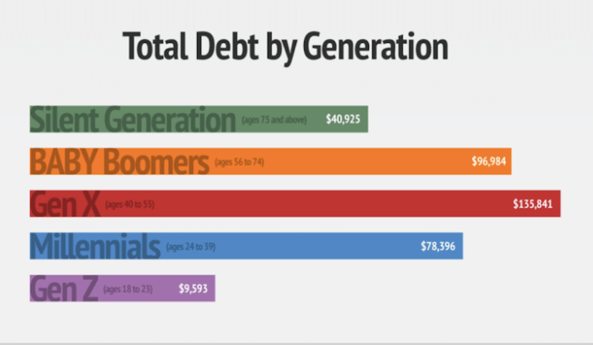Have you ever had one of those months? The water heater stops heating, the dishwasher stops washing, and your family ends up on a first-name basis with the nurse at urgent care. Then, as you're driving to work, you see smoke coming from under your hood. Bad things happen to the best of us, and sometimes it seems like they come in waves. That's when an emergency cash fund can come in handy. One survey found that nearly 25% of Americans have no emergency savings. Another survey found that 40% of Americans said they wouldn't be able to comfortably handle an unexpected $1,000 expense.1,2
How Much Money?
How large should an emergency fund be? There is no “one-size-fits-all” answer. The ideal amount may depend on your financial situation and lifestyle. For example, if you own a home or have dependents, you may be more likely to face financial emergencies. And if a job loss affects your income, you may need emergency funds for months.
Coming Up with Cash
If saving several months of income seems unreasonable, don't despair. Start with a more modest goal, such as saving $1,000, and build your savings a bit at a time. Consider setting up automatic monthly transfers into the fund. Once your savings begin to build, you may be tempted to use the money in the account for something other than an emergency. Try to avoid that. Instead, budget and prepare separately for bigger expenses you know are coming.
Where Do I Put It?
Many people open traditional savings accounts to hold emergency funds. They typically offer modest rates of return. The Federal Deposit Insurance Corporation (FDIC) insures bank accounts for up to $250,000 per depositor, per institution, in principal and interest.3 Others turn to money market accounts or money market funds in emergencies. While money market accounts are savings accounts, money market funds are considered low-risk securities. Money market funds are not backed by any government institution, which means they can lose money. Depending on your particular goals and the amount you have saved, some combination of lower-risk investments may be your best choice.
Money held in money market funds is not insured or guaranteed by the FDIC or any other government agency. Money market funds seek to preserve the value of your investment at $1.00 a share. However, it is possible to lose money by investing in a money market fund.4
Money market mutual funds are sold by prospectus. Please consider the charges, risks, expenses, and investment objectives carefully before investing. A prospectus containing this and other information about the investment company can be obtained from your financial professional. Read it carefully before you invest or send money.
The only thing you can know about unexpected expenses is that they're coming. Having an emergency fund may help to alleviate stress and worry that can come with them. If you lack emergency savings now, consider taking steps to create a cushion for the future.
Content in this material is for general information only and not intended to provide specific advice or recommendations for any individual.
- MarketWatch.com, 2020
- Bankrate.com, 2021
- FDIC.gov, 2022
- Investopedia.com, 2021



